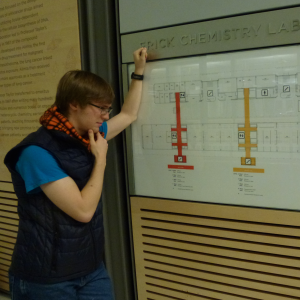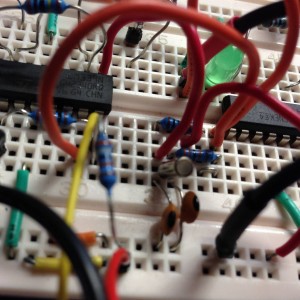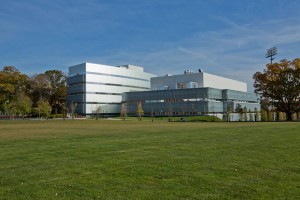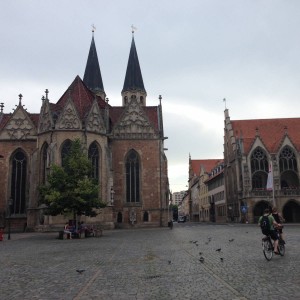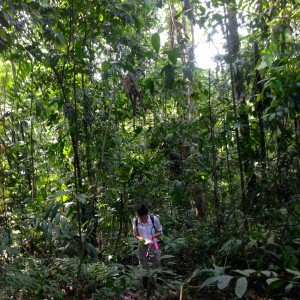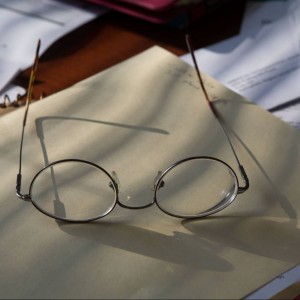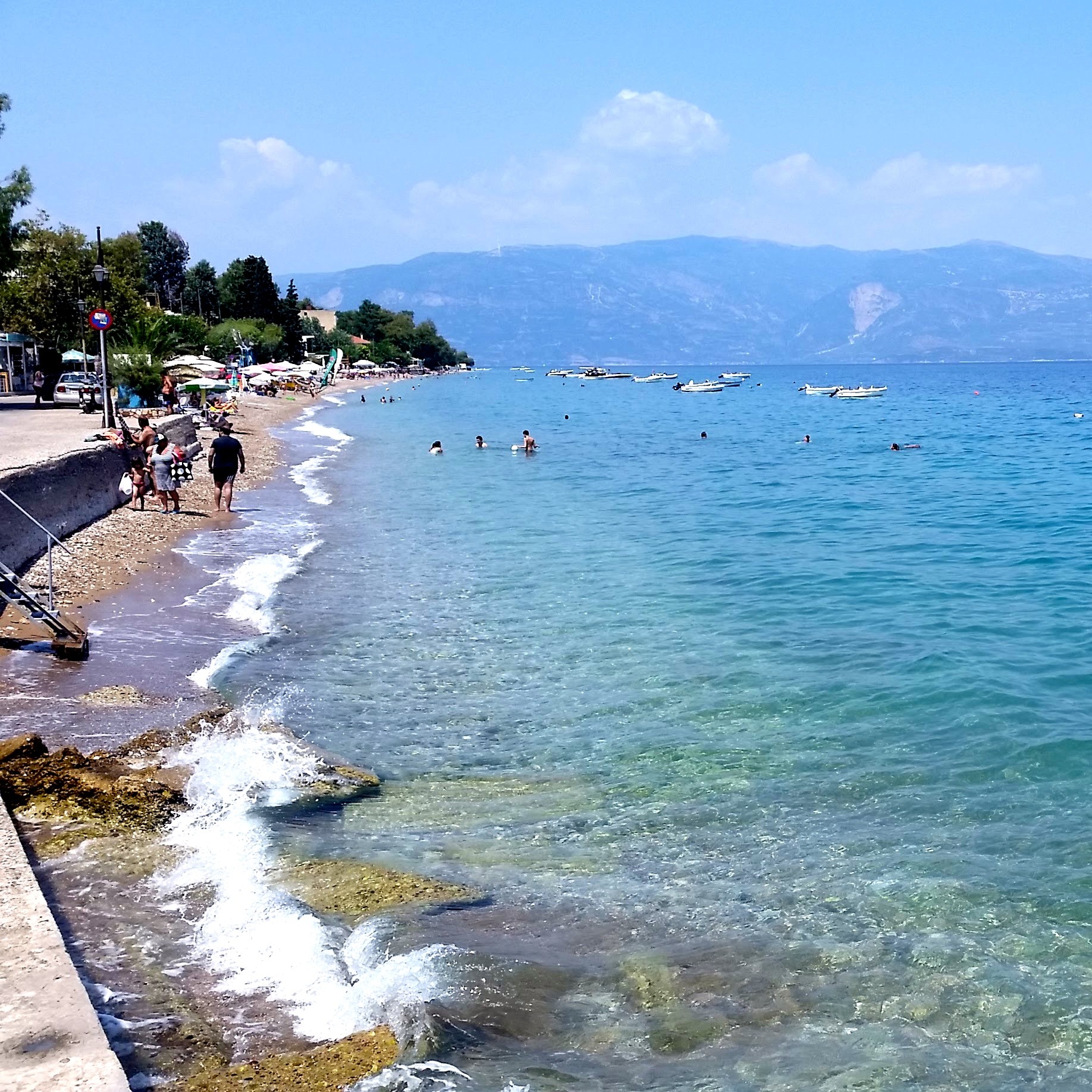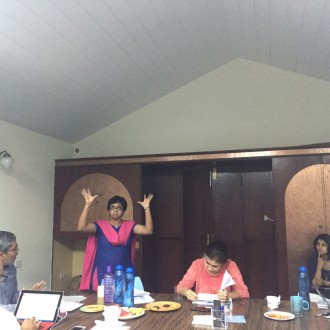One of the most memorable experiences from my high school years was being the chief editor of a student-run research journal that my classmates and I founded. The journal, named the Broad Street Scientific (after a neighboring street), was in its 3rd year when I became chief editor. It showcased some of the most innovative and insightful research projects conducted by students at the school across a wide range of disciplines.
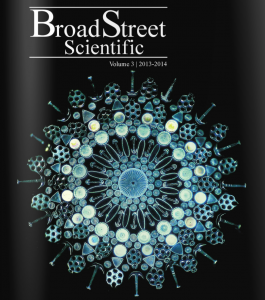
What I enjoyed most about running the publication was the opportunity to both learn about authors’ research and help authors showcase their research at the same time. Proofreading people’s research papers made me more knowledgeable (beyond just the surface level) on a wide array of research fields, ranging from nanomedicine to hydroelectricity. But after a few weeks of reading over research papers, I caught myself falling asleep on the job. The papers were still super interesting, but editing them alone wasn’t a very engaging process.


